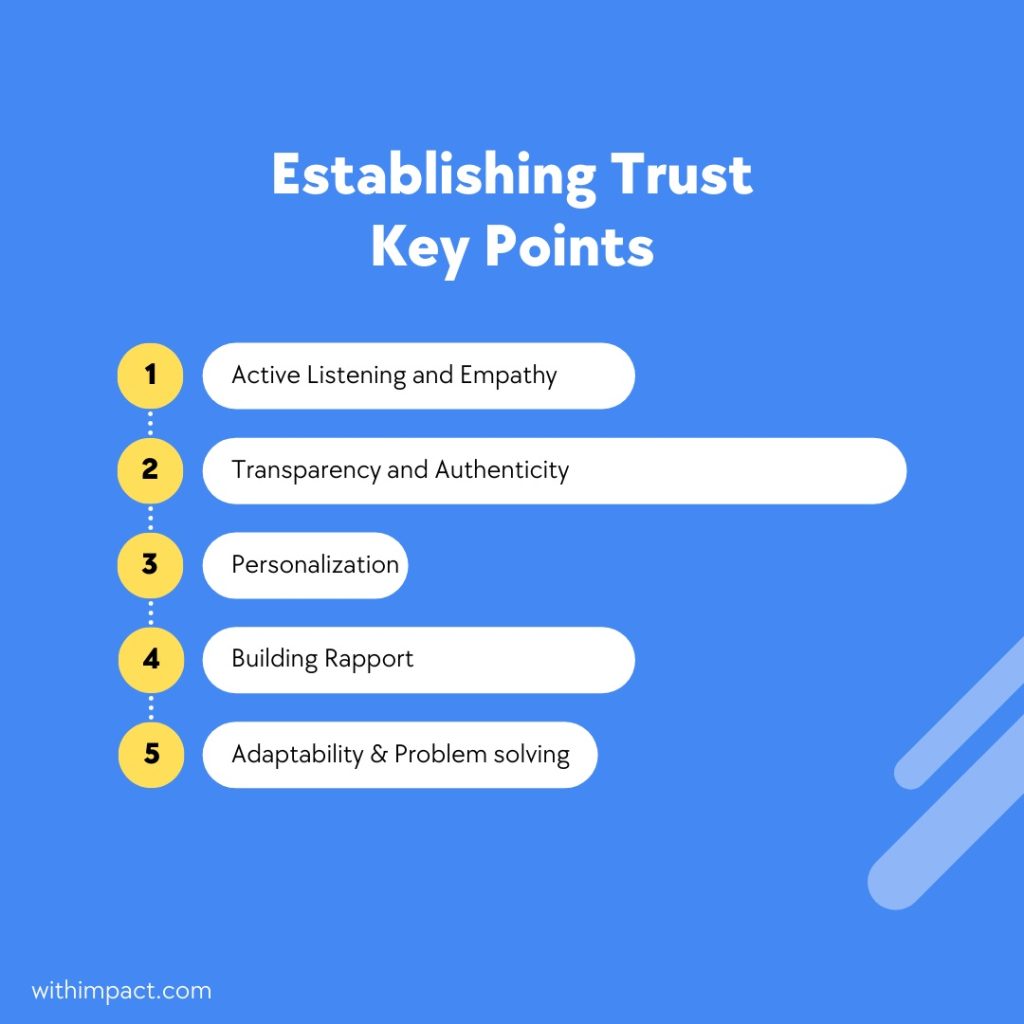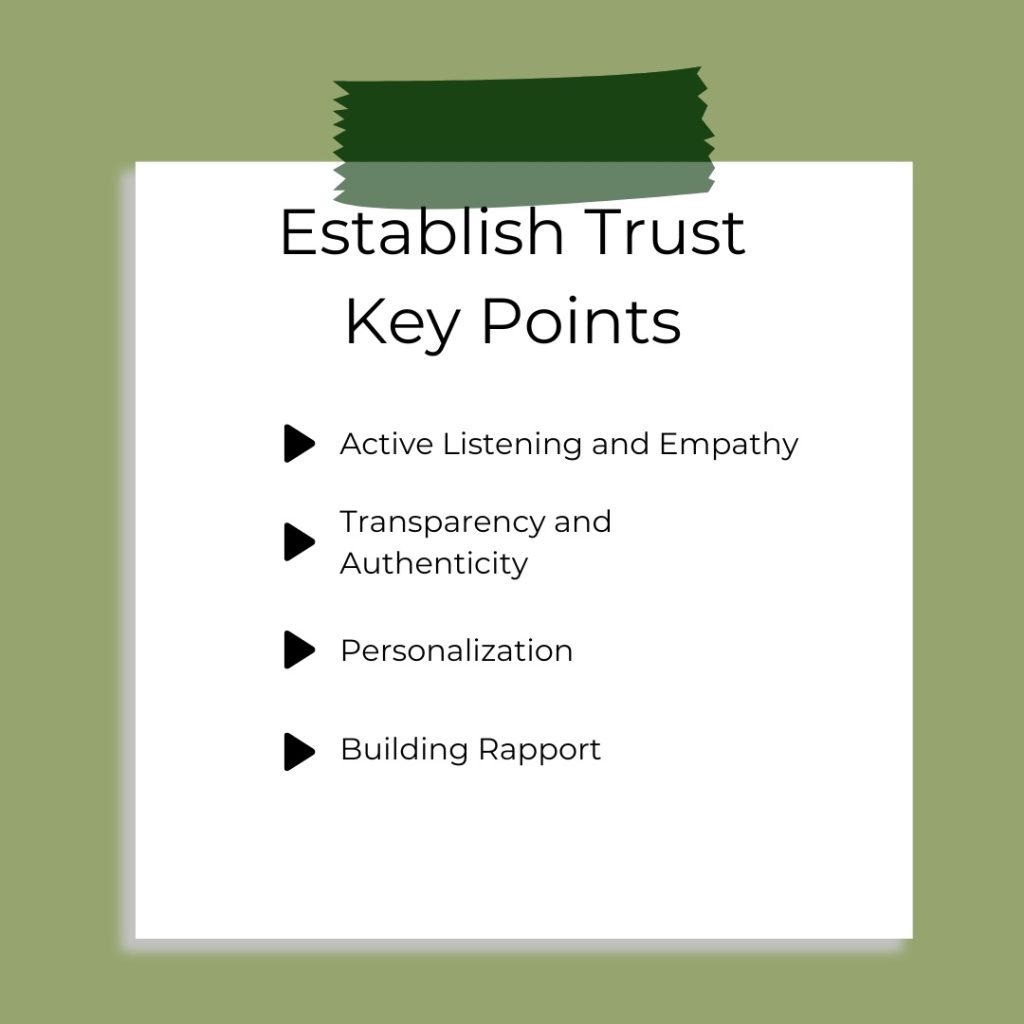Welcome to My Master Class Series
In the fast-paced world of sales, having effective sales development skills is essential to closing deals and achieving success. If you’re looking to unlock the secrets to becoming a master salesperson, look no further. In the first of many Master Class Series’, we’ll be focusing on Sales Development Skills. Let’s dive into the key strategies and techniques that will take your sales game to the next level.
From prospecting to negotiations, our comprehensive guide provides insights into every stage of the sales process. Discover the art of building rapport and how to effectively communicate value to your potential customers. Learn how to identify their pain points and tailor your pitch to address their specific needs.
With a focus on practical tips and real-world examples, you’ll gain the confidence and skills needed to handle objections, overcome challenges, and close deals with ease. Whether you’re a seasoned sales professional or just starting out in the field, this masterclass in sales development will provide you with the tools and knowledge to excel in your career.
Don’t miss out on this opportunity to become a sales rockstar. Read on to unlock the secrets that will propel your sales performance to new heights.

The importance of sales development in business
Sales development is the backbone of any successful business. It’s the driving force behind generating new leads, nurturing relationships, and ultimately closing deals. In today’s highly competitive market, having a strong sales development strategy is crucial for companies looking to stand out from the crowd and achieve their revenue goals.
Effective sales development skills enable salespeople to identify and qualify the right prospects, effectively communicate the value proposition of a product or service, and navigate the complexities of the sales cycle. By mastering these skills, sales teams can increase their conversion rates, shorten the sales cycle, and generate a consistent flow of revenue for the organization.
Moreover, sales development plays a vital role in building long-term customer relationships. When sales professionals can effectively address the pain points and needs of their prospects, they are more likely to establish trust and loyalty, leading to repeat business and referrals. This, in turn, contributes to the overall growth and success of the company.
Key skills for successful sales development
To excel in sales development, there are several key skills that professionals must possess. The first and foremost is the ability to effectively prospect and identify qualified leads. This involves conducting thorough research, leveraging data-driven insights, and utilizing various prospecting techniques to uncover potential customers who are most likely to convert.
Effective communication is another essential skill in sales development. Salespeople must be adept at articulating the unique value proposition of their offerings, tailoring their pitch to the specific needs and concerns of their prospects, and navigating the complexities of the sales conversation. This includes the ability to actively listen, ask the right questions, and respond to objections in a way that builds trust and rapport.
Adaptability and problem-solving skills are also crucial in the dynamic world of sales development. Successful sales professionals must be able to quickly pivot their strategies, think on their feet, and find creative solutions to overcome challenges that arise during the sales process. This might involve negotiating terms, handling objections, or finding alternative ways to address a prospect’s needs.

Effective communication techniques for closing deals
At the heart of successful sales development lies the ability to communicate effectively with prospects. This involves not only conveying the features and benefits of your product or service but also understanding the customer’s needs and tailoring your message accordingly.
One of the most powerful techniques in effective communication is active listening. By actively listening to your prospects, you can gain valuable insights into their pain points, goals, and decision-making process. This, in turn, allows you to craft a more personalized and compelling pitch that addresses their specific concerns.
Another key technique is the use of open-ended questions. Instead of simply providing information, ask your prospects questions that encourage them to elaborate on their needs, challenges, and decision-making criteria. This not only helps you gather more detailed information but also demonstrates your genuine interest in understanding their perspective.
Finally, mastering the art of storytelling can be a game-changer in sales development. By weaving a compelling narrative that highlights the impact your solution can have on your prospect’s business, you can create a emotional connection and make your offering more memorable and compelling.
Building rapport and establishing trust with prospects

In the world of sales development, building rapport and establishing trust with prospects is crucial to closing deals. Customers are more likely to do business with individuals they feel a personal connection with and can trust to deliver on their promises.
One effective way to build rapport is through active listening and empathy. By truly understanding your prospect’s challenges, goals, and concerns, you can position yourself as a trusted advisor rather than just a salesperson. This involves asking thoughtful questions, actively listening to their responses, and demonstrating a genuine interest in their business.
Another key aspect of building trust is transparency and authenticity. Successful sales professionals are upfront about their products, services, and limitations, and they are not afraid to admit when they don’t have all the answers. By being honest and transparent, you can establish a sense of credibility and reliability that can go a long way in the sales process.
Personalization is also a powerful tool in building rapport and trust. By tailoring your communication style, approach, and solutions to the specific needs of your prospects, you can show that you understand their unique situation and are committed to helping them succeed. This can involve customizing your pitch, using their preferred communication channels, or even referencing shared interests or experiences.
The art of objection handling in sales
Handling objections is an integral part of the sales development process, and mastering this skill can be the difference between closing a deal and losing a potential customer. Effective objection handling requires a combination of active listening, empathy, and a willingness to find creative solutions.
When faced with an objection, it’s important to first acknowledge and validate the prospect’s concerns. This demonstrates that you are listening and that you understand their perspective. By addressing the objection head-on, you can then work to overcome it by providing additional information, offering alternatives, or reframing the value proposition in a way that aligns with the prospect’s needs.
Another key aspect of objection handling is the ability to ask the right questions. By delving deeper into the root cause of the objection, you can uncover underlying concerns or misconceptions that you can then address. This not only helps you resolve the immediate objection but also builds trust and rapport by showing that you are genuinely interested in understanding and addressing the prospect’s needs.
Finally, successful objection handling often involves a degree of flexibility and adaptability. Sometimes, the best approach is to acknowledge that you may not have the perfect solution and to offer to follow up with additional information or a customized proposal. This demonstrates a willingness to work with the prospect and find a mutually beneficial outcome, which can go a long way in building trust and securing the deal.
Sales development tools and technologies
In today’s digital landscape, sales development professionals have access to a wealth of tools and technologies that can enhance their productivity, efficiency, and overall effectiveness. From prospecting and lead generation to customer relationship management (CRM) and sales automation, the right tools can be a game-changer in the sales development process.
One of the most essential tools in the sales development arsenal is a robust CRM system. By centralizing customer data, tracking interactions, and automating various sales processes, a CRM can help sales teams stay organized, streamline their workflows, and gain valuable insights into their pipeline and customer behavior.
Another powerful tool in the sales development toolkit is sales intelligence software, which can provide valuable data and insights on potential customers, including their firmographics, technographics, and buying behavior. By leveraging these insights, sales professionals can better identify and target the most promising leads, personalize their outreach, and optimize their sales strategies.
Additionally, sales development teams can benefit from a range of communication and collaboration tools, such as video conferencing platforms, instant messaging apps, and team collaboration software. These tools can facilitate more effective remote interactions, enable real-time sharing of information, and foster better coordination and alignment among sales team members.
Developing a sales development plan
Crafting a comprehensive sales development plan is essential for any organization looking to achieve its revenue goals and maintain a competitive edge in the market. This plan should outline the key strategies, tactics, and resources needed to effectively attract, nurture, and convert leads into loyal customers.
At the heart of a successful sales development plan is a deep understanding of your target audience. This involves conducting thorough market research, analyzing customer data, and identifying the pain points, needs, and buying behaviors of your ideal customers. By gaining this insight, you can tailor your sales strategies and messaging to resonate with your prospects and increase your chances of closing deals.
Another crucial component of a sales development plan is the establishment of clear, measurable goals and key performance indicators (KPIs). These metrics can help you track the progress and effectiveness of your sales efforts, identify areas for improvement, and make data-driven decisions to optimize your strategies. Common KPIs in sales development might include lead generation, conversion rates, average deal size, and customer lifetime value.
Finally, a comprehensive sales development plan should also address the resources and support needed to execute your strategies successfully. This can include investments in sales enablement tools, training and development programs for your sales team, and the alignment of your sales and marketing efforts to create a cohesive and effective customer acquisition process.
Training and resources for improving sales development skills
Continuous learning and development are essential for sales professionals looking to stay ahead of the curve and excel in their careers. Whether you’re a seasoned sales veteran or just starting out, there are a wealth of training and resources available to help you sharpen your sales development skills and achieve your goals.
One of the most effective ways to improve your sales development skills is through formal training programs, such as sales development workshops, online courses, or industry-specific certifications. These programs can provide you with the latest techniques, strategies, and best practices in areas like prospecting, customer engagement, negotiation, and closing deals.
In addition to formal training, sales professionals can also benefit from ongoing mentorship and coaching. By connecting with experienced sales leaders or joining a professional sales organization, you can gain valuable insights, receive personalized feedback, and learn from the successes and challenges of others in the field. This can be particularly helpful for navigating the complexities of the sales development process and developing the soft skills needed to succeed.
Finally, staying up-to-date with the latest trends, technologies, and industry news can also be a powerful way to enhance your sales development skills. By regularly reading sales-focused blogs, attending industry events, and networking with your peers, you can stay informed about the evolving landscape of sales and identify new strategies and tools to incorporate into your own practice.
Conclusion: Becoming a master of sales development
Mastering the art of sales development is no easy feat, but the rewards can be truly transformative for both your career and your organization. By honing your skills in areas like prospecting, communication, objection handling, and relationship building, you can position yourself as a trusted advisor and a valuable asset to your customers and your company.
The key to becoming a sales development master lies in a combination of continuous learning, adaptability, and a genuine passion for helping others succeed. Whether you’re just starting out or looking to take your skills to the next level, the strategies and techniques outlined in this article can provide you with the foundation you need to thrive in the dynamic world of sales.
Remember, sales development is not just about closing deals – it’s about building lasting relationships, solving problems, and creating value for your customers. By embracing this mindset and consistently striving to improve your skills, you can unlock a world of opportunities and become a true sales development rockstar.
So, what are you waiting for? Start implementing these strategies today and watch your sales performance soar to new heights. The path to mastery may not be easy, but the rewards are well worth the journey. Good luck, and happy selling!